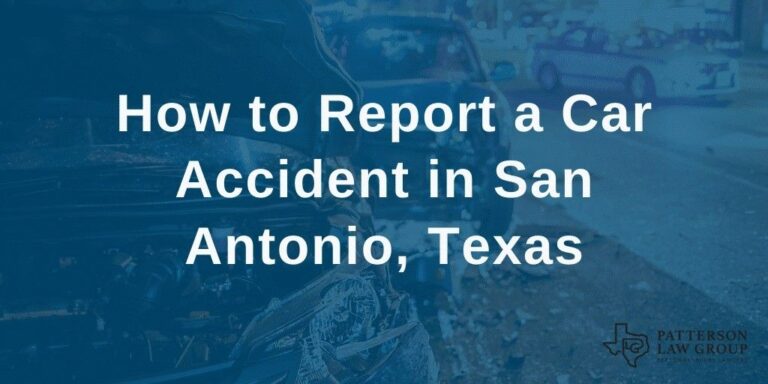One of the most frustrating parts of being involved in a personal injury claim is dealing with the other party’s insurance company. Insurance companies are not known for being overly generous after a motor vehicle accident or similar incident—in fact, most insurance companies offer far too little money to accident victims, if they offer any money at all.
After an accident, such as a car crash or slip and fall, a representative from the at-fault party’s insurance company will begin calling the victim. This agent or adjuster may ask the victim about the incident, the victim’s medical expenses, and whether the victim missed any time from work. After only a few days, the insurance company may decide to deny the claim, even if the victim is entitled to damages. What do you do in this situation?
Rather than argue with the insurance company, it is best to hire an experienced Texas personal injury attorney. These attorneys know how to discuss claims with insurance adjusters to improve the chances of obtaining a fair offer. Personal injury attorneys know what types of evidence to show insurance companies to support an injury claim, and they are also well versed in the laws and regulations that impact these cases.
The Final Step: A Demand Package
Once the evidence of an accident victim’s damages, such as medical bills and lost wages, have been gathered, the personal injury attorney will put together a demand package to send the insurance company.
The demand package includes copies of all of the evidence used to support the victim’s claim, such as medical records, medical bills, accident reports, and the like. The demand package also includes a demand letter that includes details about the incident, the victim’s damages, and how the at-fault party is responsible for the victim’s losses.
However, in many instances, the insurance company still denies the claim. In this situation, it is necessary to file a lawsuit.
The Personal Injury Lawsuit
To file a lawsuit, an attorney drafts a document called a complaint. The complaint lays out all of the allegations against the at-fault party. For example, it may argue that the at-fault party ran a red light or was drinking and driving and caused an accident. The complaint will also layout the damages the at-fault party is seeking, such as medical expenses and pain and suffering.
Once the complaint is filed, the at-fault party, through his or her insurance company, has a set amount of time to file a responsive document called an answer. The answer either admits or denies the allegations in the complaint.
Once these initial pleadings have been filed, the parties enter the discovery phase. During discovery, the parties may depose witnesses, request hearings, and ask each other for evidence.
Medical records, photographs, accident reports, and accident reconstruction reports are common pieces of evidence in motor vehicle accident claims.
In a slip and fall claim, video surveillance footage and employee handbooks are frequently studied.
Personal injury attorneys ensure that all of the evidence needed to properly evaluate and pursue a claim is gathered.
The parties may continue negotiating a settlement. However, if the insurance company still refuses to admit any liability and pay the claim, the parties may have to go to trial.
During the trial, the injured victim, through his or her attorney, has the burden of proof in showing the at-fault party caused the incident and the victim’s damages. Depending on the facts of the case, the trial may last a few hours or a few days. The victim’s attorney will present evidence and will question witnesses to support the victim’s claim.
If You Need Help with an Injury Claim, Call Patterson Law Group Today
At Patterson Law Group, our attorneys are not afraid of big insurance companies. We do not stop fighting until you obtain the compensation you deserve. To schedule a free consultation with our firm, contact us today.






